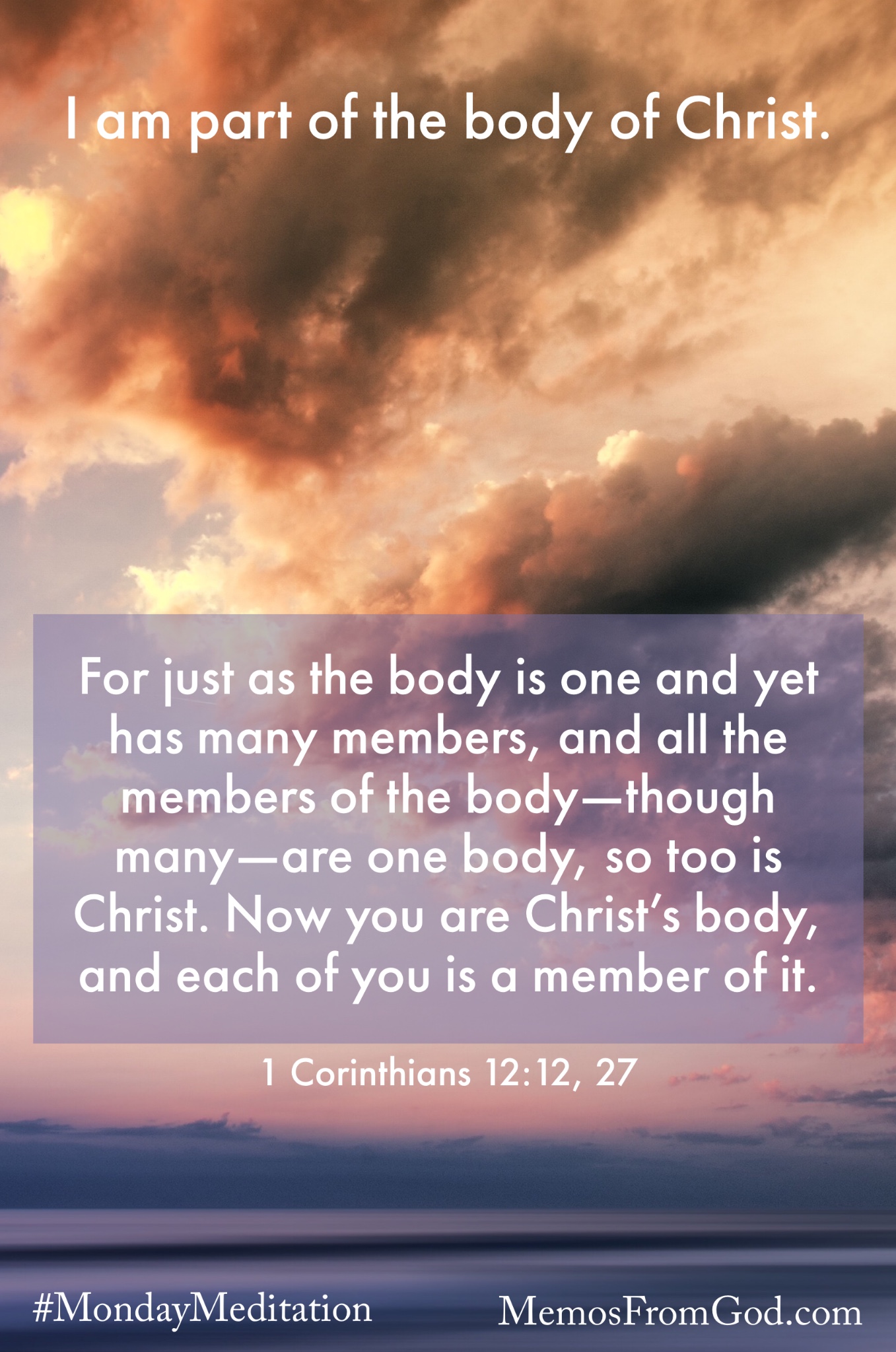

Attempting to Understand the Bible


Jesus said that the most important commandment was to love God, and the second was to love people. This is what we should focus on before anything else.





Preparing to compete in the Olympic Games takes a great deal of training and self-discipline. The Isthmian Games that took place near the city of Corinth were very similar and were well known to Paul’s readers. Therefore Paul knew that they would understand the symbolism he used to make his point in I Corinthians 9:24-27.
There was no legal requirement, then or now, that anyone should have to run a race or compete in any other athletic competition. Why then did people do it? Why did people put so much time and effort into training for the events? Once an athlete committed to competing in the Isthmian Games, they were required to go through a ten-month training program. Olympic athletes generally invest much more time than that. Obviously they see some value in exercising that much self-control. Living the Christian life is like running a race, or preparing for an athletic event. We don’t need to do it; we can choose not to, but if we want to and if we see value in doing so, some self-control will be needed. The good news is that in the Christian race there is more than one winner.
Paul saw the value of exercising self control in his Christian life; he had a more important goal in mind than that of his own comfort. He knew that by living in a way that was pleasing to God he would be qualified to tell people about the saving grace of Jesus Christ. Because of that grace, we have freedom, but we should not use our freedom to live selfishly. Living to satisfy our own desires can send the wrong message to those who don’t know Christ and cause them to be confused or to reject belief in God. This is what Paul meant by subduing his body so that he would not be disqualified. If we have accepted Christ’s sacrifice and His gift of salvation, we no longer live under religious laws, but under grace. This of course does not mean that we should give in to sin. (Romans 6:15) By having self-control, we can focus on more important, more eternal matters and be an example to others of the qualities that are found in Christ.
Like all other elements of the fruit of the Spirit that we have discussed in this series, the way to have more self-control is to have more of the Holy Spirit. But to have more of the Holy Spirit we need to spend more time with God, in Bible study and prayer. For most of us, that takes some self-control.
There are many references to love in the Bible. John 3:16 is probably the best known, and the one that clearly tells us how much God loves us, and the gift that awaits us if we believe in Him. Matthew 22:37-40 outlines what Jesus considers to be the two most important commandments. Both of them require us to love, both God and others. 1 John 4:7-8 commands us to love because love is from God. If we do not love, we do not know God, because God is love.
But 1 Corinthians 13 is known as the love chapter; it is the passage that describes most thoroughly what love is. In my last post, I said that the fruit of the Spirit is produced in us because we invite the Spirit into our lives to work through us. It is not through our striving that we achieve these qualities. But that does not mean that we should not work to exhibit these characteristics in our lives. It is through the power of the Holy Spirit that we are able to do it, but it is through our cooperation that He is able.
In Greek there are three words that are translated ‘love’. Eros is a self-centered, physical love, the kind displayed between a husband and a wife. Philos is a considerate, affectionate love, as we would (or at least should) show to our fellow human beings. Agape is a term that was coined to express Christ-like love. It is recognized not by the feelings it invokes, but by the actions it displays—the actions described in 1 Corinthians 13:4-7.
True love, God’s love, will never end. Prophecies, language and knowledge will all end, but love will not. Faith, hope and love will remain, but the greatest of these is love.
Today's post was written by Rusty Wright.
---------
As you examine your life, can you think of any lessons you wish you had learned earlier than you did? I'm really glad I learned this lesson very early in my career as a Christian communicator. It's made a world of difference. God has graciously sent me presenting Christ and biblical truth on six continents before university students and professors, on mainstream TV and radio talk shows, with executives, diplomats and professional athletes. He's put me speaking in university classrooms and auditoriums, in embassies, boardrooms, and locker rooms. He's had me writing for mainstream newspapers, magazines, and on the Internet about controversial subjects like sex, abortion, the afterlife, and reasons for faith. As you might imagine, I've encountered many skeptics and objections to faith. I've learned much from my critics, the unpaid guardians of my soul. But if I hadn't learned this crucial lesson at the outset, would all those outreach doors have opened?
The Lesson
I learned it on an island in a river in Seoul, Korea. Over a million believers were gathered for Explo 74. One speaker that day was a prominent church leader from India who discussed how to best communicate the message of Jesus to the types of Buddhists in India. Here's my paraphrase of his advice. We could use two methods, he said. One was to begin by stressing the differences between Buddhism and Christianity. But that often gets people mad and turns them off. A second way involved agreeing with the Buddhist where we could. We could say something like this: "I know that you as a Buddhist believe in Four Noble Truths." (This is foundational to many strains of Buddhism.) "First you believe suffering is universal. As a follower of Jesus, I also believe suffering is everywhere. It needs a solution. Second, you believe that suffering is caused by evil desire or craving. I believe something very similar; I call this evil desire sin." Third, you believe that the way to eliminate suffering is to eliminate craving. I feel selfishness needs to be eliminated, too. And fourth, you feel we eliminate craving by following the Eightfold Path: right understanding, right aspiration, right behavior, etc. Here's where I would suggest an alternative. For many years I, too, tried to eliminate my selfishness by seeking to think and do the right thing. But you know what happened? I became very frustrated because I lacked the power to do it. I realized that if I relied on God, He could give me the inner power I needed." Do you see the contrast between those two methods of approaching someone who differs with you? The first emphasizes differences and has the emotional effect of holding up your hands as if to say "Stop!" or "Go away!" The second begins by agreeing where you can. Your emotional hands are extended as if to welcome your listeners. If you were the listener, which approach would you prefer?
Start by Agreeing where You Can
In communicating with skeptics, start by agreeing where you can. You'll get many more to listen. I call this approach Advocacy Apologetics. You're approaching the person as an advocate rather than an adversary. You believe in some of the same things they do. Expressing agreement can penetrate emotional barriers and communicate that you are for that person rather than against them. It can make them more willing to consider areas of disagreement. Don't compromise biblical truth; but agree at the start where you can. Paul used this approach. He wrote (1 Corinthians. 9:19-23):
I have become a servant of everyone so that I can bring them to Christ. When I am with the Jews, I become one of them so that I can bring them to Christ. When I am with the Gentiles who do not have the Jewish law, I fit in with them as much as I can.
Yes, I try to find common ground with everyone so that I might bring them to Christ. I do all this to spread the Good News. (New Living Translation, emphasis mine)
Here's an experiment: The next time you encounter someone who differs with you, take a deep breath. Pray. Ask God to help you identify three areas of agreement. Can't find three? How about one? Discuss that first. Become an advocate for them. Maybe you'll oil some stuck emotional and intellectual gears and nudge someone in His direction.
———
Rusty Wright is an author and lecturer who has spoken on six continents. He holds Bachelor of Science (psychology) and Master of Theology degrees from Duke and Oxford universities, respectively. www.RustyWright.com